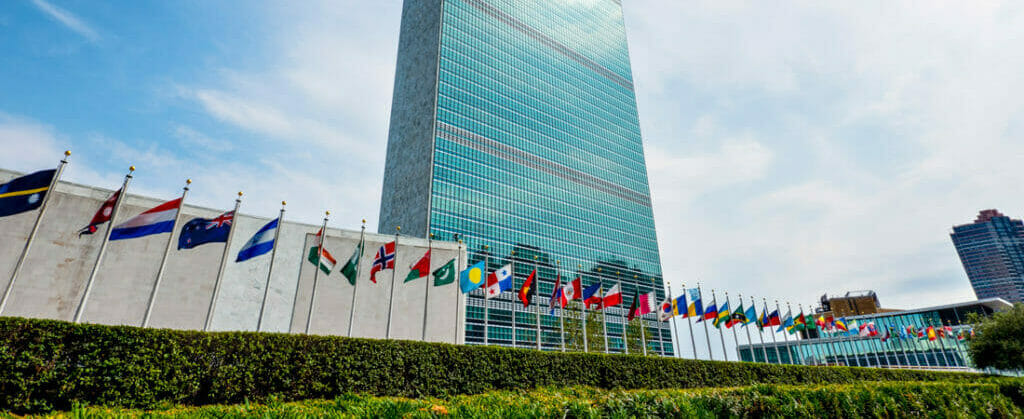To achieve a just transition towards environmentally sustainable economies and societies, it is essential to ensure that the shift towards sustainability includes and supports vulnerable populations, while also promoting environmental sustainability and social equity. This concept aligns with SDG 4 (Quality Education) and SDG 8 (Decent Work and Economic Growth), focusing on education and employment in the context of a green economy.
Transitioning to climate-neutral and circular economies has the potential to create millions of jobs—an estimated 100 million by 2030—especially in growing sectors like renewable energy, sustainable agriculture, and green technologies. However, this shift also risks job losses, with around 80 million positions potentially being displaced in carbon-intensive industries, such as coal, oil, and gas. The economic restructuring required for this transition is significant and involves phasing out polluting industries while scaling up renewable energy sources like wind, solar, and hydroelectric power. Effective retraining programs are crucial to help workers transition into new, sustainable roles, highlighting the importance of education and skills development (SDG 4) to ensure workers can successfully adapt to the new economy.
Moreover, the transition must be socially just, addressing the needs of workers and communities dependent on traditional industries. Policies must include not only retraining and reskilling but also strong social safety nets and investments in the green job sectors of the future. This includes ensuring that the communities and workers most affected by the decline of fossil fuel industries are not left behind, but are instead provided with the tools and resources to thrive in the green economy.
The transition to green economies also raises important issues of global inequality. Developed countries have greater financial and technological capacity to shift to renewable energy sources, but many developing nations face challenges such as limited access to funding and technology. For these nations, a just transition will require international support in the form of financial resources, technology transfer, and capacity-building to ensure they can make the transition without increasing existing inequalities. Without such support, the global shift to sustainability could leave developing countries at a disadvantage, undermining efforts to achieve global equity.
Another key component of a just transition is the establishment of policy frameworks that incentivize sustainable practices. Policies like carbon pricing, subsidies for renewable energy technologies, and regulations to reduce pollution can help drive the shift towards more sustainable economies.
Raising awareness about the importance of environmental sustainability and making sure that marginalized groups have a voice in shaping the policies that affect them is also critical in ensuring that the transition process is inclusive and equitable. Public education campaigns that aim to build broad-based support for climate policies alongside efforts to engage local communities can help address concerns and ensure that everyone benefits from the transition.


